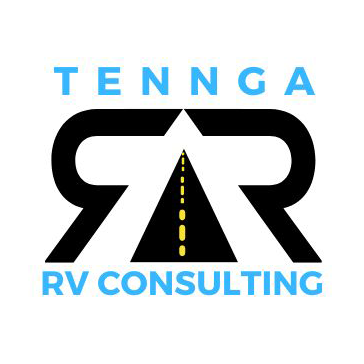You’re eyeing your dream RV. The open road is calling, and you can practically smell the campfire smoke. But before you sign on the dotted line, there’s a crucial step that can save you a mountain of headaches (and money): a professional RV inspection.
Why is this so important? Well, RVs are complex. They’re part house, part vehicle, and all adventure. That means plenty can go wrong, from hidden water leaks to electrical and mechanical issues. An inspection provides a comprehensive look, making sure you’re not inheriting someone else’s problems.
What Does an RV Inspection Entail?
A thorough inspection covers a wide range of systems. This isn’t just a quick once-over. It’s a deep dive into the RV. The inspector will assess the exterior, checking for signs of damage, wear, and tear. This includes the roof, siding, windows, and seals. Any evidence of water intrusion is a major red flag, which a seasoned inspector will spot.
Moving inside, the inspector evaluates the appliances, plumbing, electrical systems, and HVAC. Are the fridge, stove, and microwave working properly? Are there leaks in the water lines? Is the electrical system wired correctly and safely? These are essential questions that the inspector will answer.
The chassis and mechanical systems are also meticulously examined, including the engine, transmission, brakes, suspension, and tires. If it’s a motorized RV, a road test is often part of the process, allowing the inspector to assess its performance and handling. For towables, the frame, axles, and hitch are thoroughly checked.
The inspector will use various tools and techniques to uncover hidden issues, from moisture meters to thermal imaging cameras. The goal is to provide a detailed report that outlines the RV’s condition, highlighting potential problems or areas of concern.
Finding the Right Inspector
Not all RV inspectors are created equal. You want someone with experience, certifications, and a solid reputation. Look for inspectors certified by reputable organizations, such as the National RV Training Academy (NRVTA). Reading online reviews and asking for referrals will also help you find a qualified professional.
Communication is key. The inspector should be willing to answer your questions and explain their findings in a clear and understandable way. Don’t be afraid to ask about their experience, their inspection process, and what their report will include.
The Inspection Report: Your RV Roadmap
After the inspection, you’ll receive a detailed report outlining the RV’s condition. This report is your roadmap, revealing any issues that need to be addressed. It’s a valuable tool for negotiating the purchase price or deciding whether to walk away from the deal altogether.
The report will typically include photos and detailed descriptions of defects or areas of concern. It may also include recommendations for repairs or maintenance. This information empowers you to make an informed decision about your purchase.
An RV inspection is an investment in your peace of mind. It can save you thousands of dollars in costly repairs and help you avoid breakdowns. It’s a small price to pay for the assurance that you’re buying a safe and reliable RV.
FAQs
How much does an RV inspection cost?
The cost of an RV inspection varies depending on the size and type of RV, as well as the inspector’s experience and location. Generally, you can expect to pay a few hundred dollars.
How long does an RV inspection take?
Depending on the RV’s size and condition, a thorough inspection can take several hours. It’s best to allow ample time for the inspection process.
Should I be present during the inspection?
It’s highly recommended that you be present during the inspection. This allows you to ask questions, learn about the RV’s systems, and see any potential issues firsthand.
What if the inspection reveals problems?
If the inspection reveals problems, you have several options. You can negotiate with the seller to have the issues repaired, reduce the purchase price, or walk away from the deal.
Can I use a home inspector for an RV inspection?
While some home inspectors may have general knowledge of building systems, they lack the specialized knowledge and equipment needed for a thorough RV inspection. It’s best to use a certified RV inspector.
Is a pre-purchase inspection only for used RVs?
While it’s most common for used RVs, a pre-delivery inspection on a new RV from the dealer is also a good idea. Dealers are human, and mistakes happen.
Tennga RV Consulting offers professional RV inspections and services in North Georgia and South Eastern Tennessee. Contact us to schedule an appointment.

